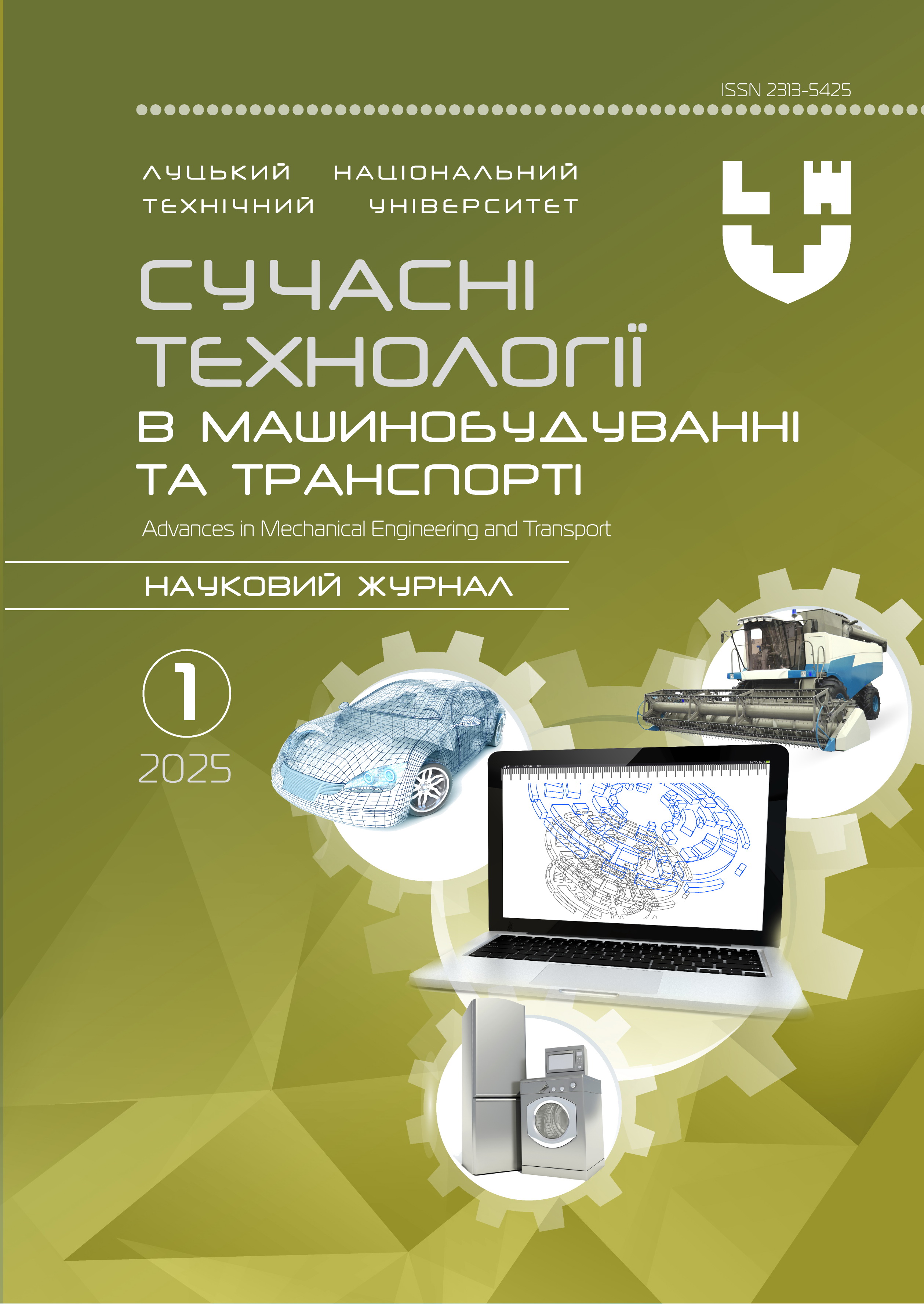ENVIRONMENTAL ASPECTS OF TRANSPORT SYSTEM DEVELOPMENT: FROM CONCEPT TO IMPLEMENTATION
Abstract
The article examines the environmental aspects of developing modern transport systems, focusing on sustainable development and the integration of eco-friendly technologies. Transportation is a major contributor to environmental pollution, making the reduction of emissions, improvement of energy efficiency, and minimization of climate impact critical tasks. The study aims to analyze the main approaches to creating environmentally efficient transport systems and identify the key factors influencing their implementation.
The article provides a detailed overview of international initiatives aimed at utilizing green technologies in transportation, including the development of electric transport, the use of renewable energy sources, the creation of intelligent transport networks, and the promotion of cycling and pedestrian mobility. Successful project examples from Germany, the Netherlands, China, Sweden, and Ukraine are presented, offering potential models for other countries.
Additionally, the article analyzes the economic, social, and institutional challenges encountered in the process of implementing sustainable transport, including the lack of appropriate legislative initiatives, high costs for new technologies, and insufficient environmental awareness among the population. Special attention is given to the importance of cross-sectoral cooperation in achieving global decarbonization goals for transport. The article concludes with a forecast of the future development of eco-friendly transport and suggestions for future research and practical initiatives in this field.
Keywords: transport systems, sustainable development, green technologies, electric transport, renewable energy sources, intelligent transport systems (ITS)




